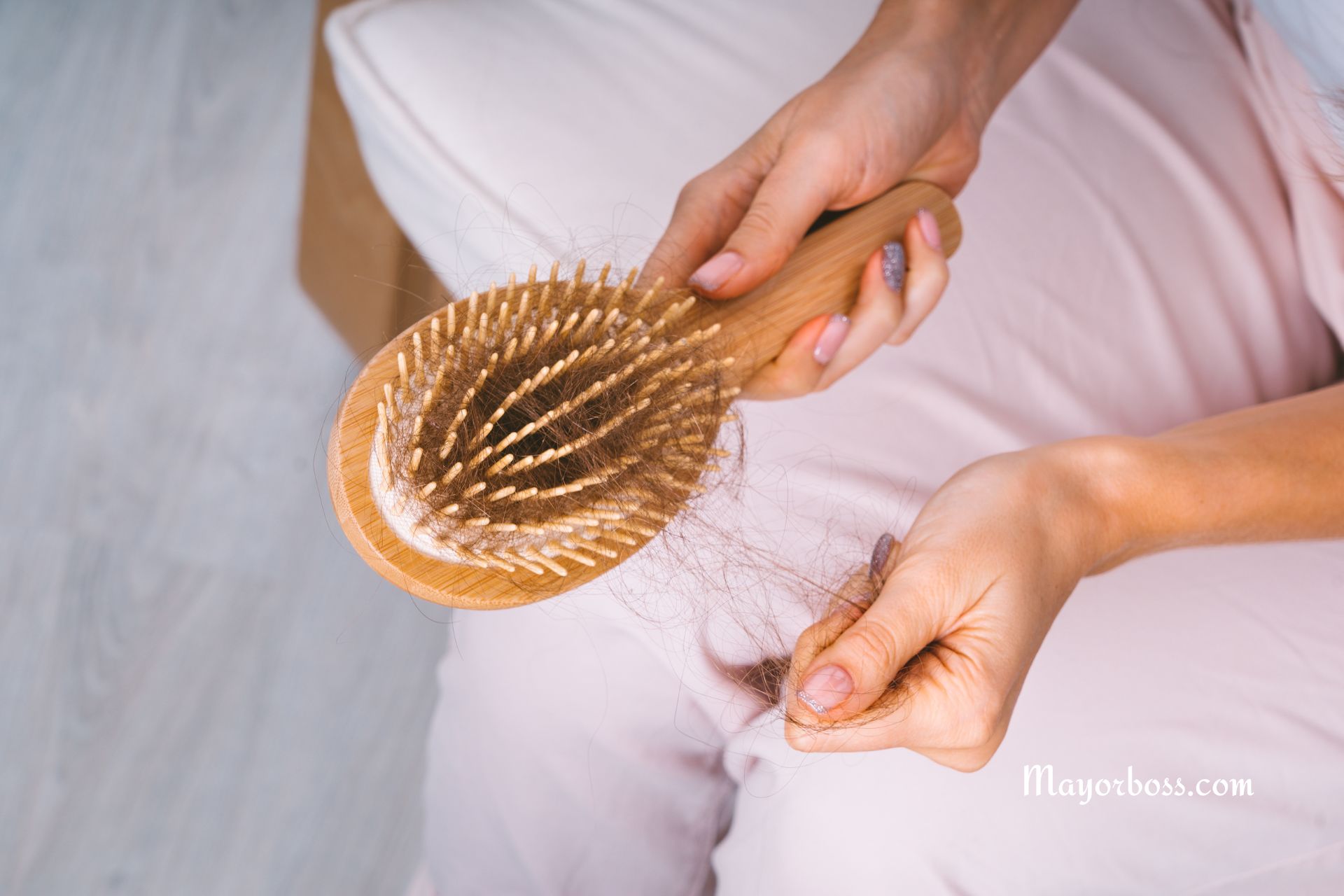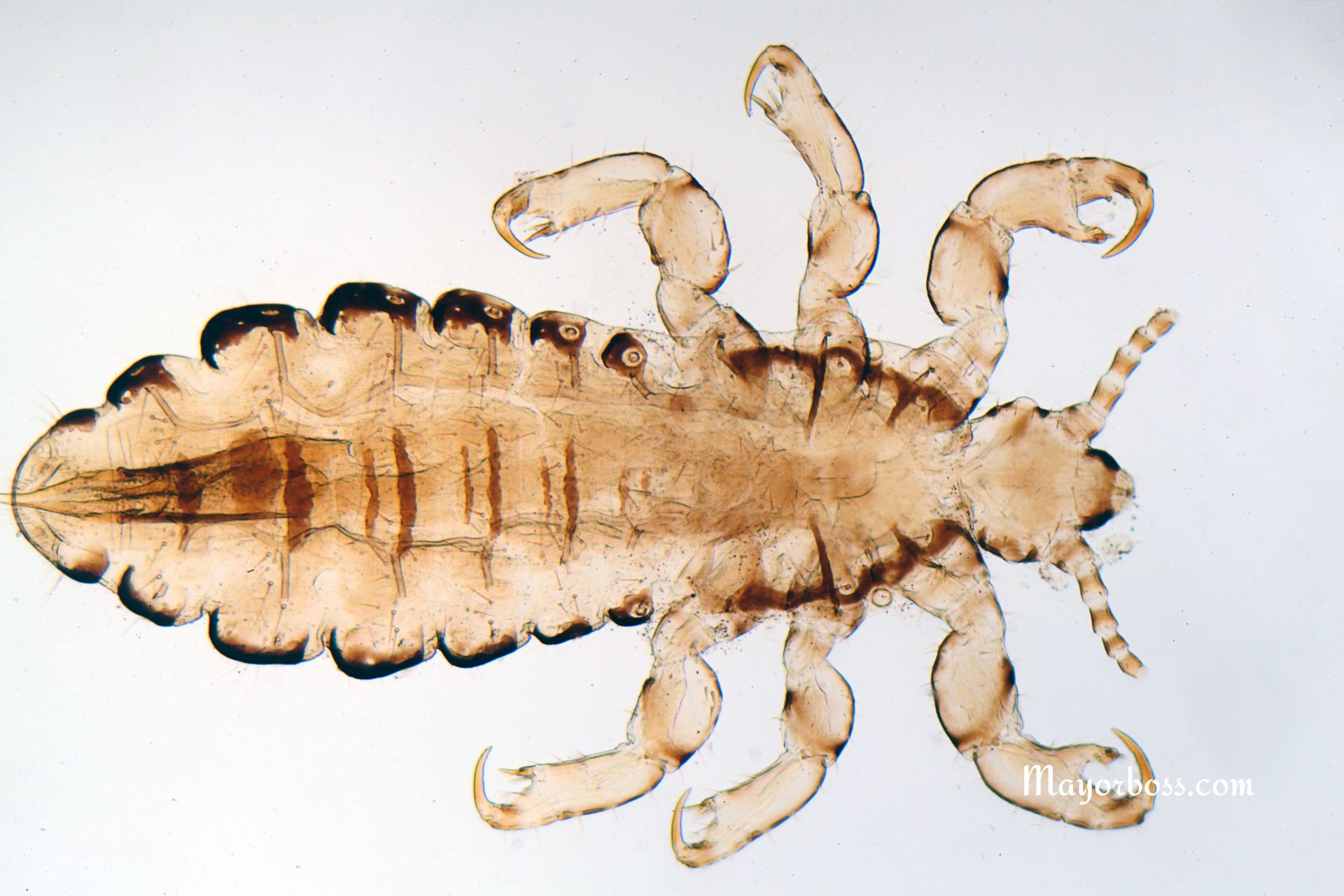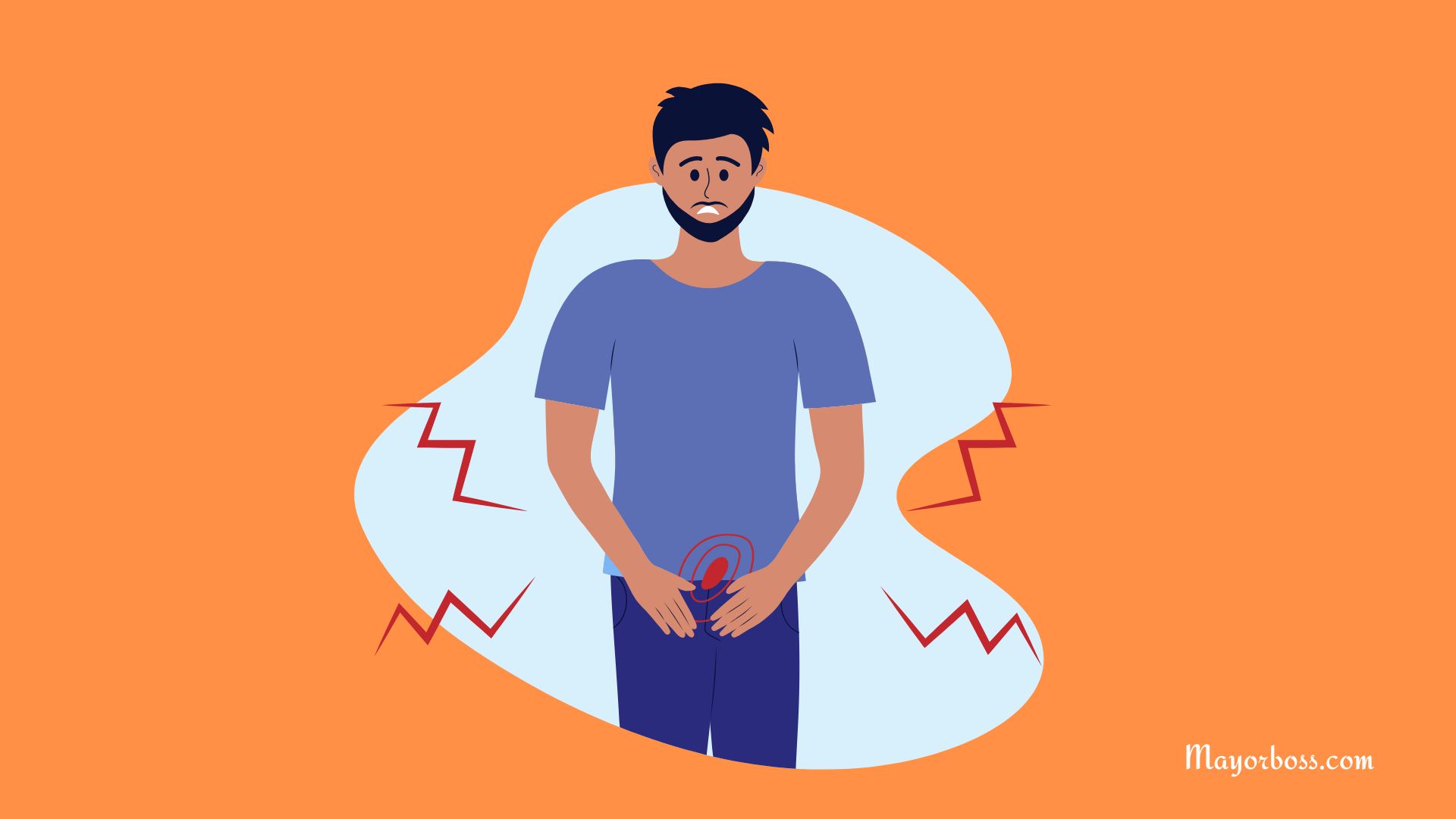Why Is My Hair Falling Out? Understanding the Causes of Hair Loss
Hair loss is a surprisingly widespread issue, affecting men and women of all ages. While it’s perfectly normal to shed some hair daily, excessive hair fall can be alarming and can even affect our self-confidence. If you’re wondering, “Why is my hair falling out?” it’s essential to understand the potential root causes behind it. Let’s explore the various factors that might be contributing to your hair loss.

The Normal Hair Growth Cycle
Let’s briefly understand the normal hair growth cycle:
- Anagen (Growth Phase): This is the active growth phase, typically lasting 2-8 years. About 90% of your scalp hair is in this phase at any given time.
- Catagen (Transition Phase): Here, the hair follicle shrinks and detaches from the base. This phase lasts 2-3 weeks.
- Telogen (Resting Phase): The hair rests for around 2-4 months until it naturally sheds.
Common Causes of Hair Loss
There are numerous reasons why you might be experiencing unusual hair loss. Here are some of the most common culprits:
- Androgenetic Alopecia (Male/Female Pattern Baldness): The most common form of hair loss affecting both men and women, and it’s usually hereditary. Men see a receding hairline, while women have hair thinning on the crown.
- Telogen Effluvium: This temporary hair loss results from a shock or stress, such as surgery, childbirth, illness, or extreme weight loss.
- Alopecia Areata: An autoimmune ailment where the immune system attacks hair follicles, leading to patchy hair loss.
- Nutritional Deficiencies: An iron, zinc, protein, or vitamin D deficiency can lead to hair thinning.
- Medical Conditions: Conditions like thyroid issues, scalp infections (like ringworm), and polycystic ovary syndrome (PCOS) can contribute to hair loss.
- Medications: Certain medications, including those for blood pressure, cancer treatment, or arthritis, can disrupt the hair cycle.
- Hair Styling Practices: Tight hairstyles, chemical treatments, and heat styling can damage hair follicles, leading to breakage and hair fall.
Other Significant Factors Contributing to Hair Loss
- Stress: High stress levels can interfere with the hair growth cycle, thus leading to temporary or even long-term hair loss.
- Aging: Hair thinning is a natural part of aging for both men and women.
- Hormonal Changes: Hormonal fluctuations like menopause or pregnancy can cause temporary hair loss.
Tips for Stopping Hair Loss and Promoting Healthy Hair Growth
While treatment is essential for medical causes of hair loss, some practical tips can help:
- Healthy Diet: Eat a balanced diet rich in protein, iron, zinc, and vitamins to foster healthy hair.
- Managing Stress: Try relaxation techniques like yoga, meditation, or deep breathing exercises.
- Gentle Hair Care: Minimize tight hairstyles and avoid harsh chemical treatments and excessive heat styling.
- Consult a Doctor: Seek advice on appropriate supplements or medications, particularly if a medical condition is suspected.
FAQs About Hair Loss
1. How much hair loss is normal?
We typically shed around 50-100 hairs a day. More than this might indicate unusual hair fall.
2. Will my hair grow back?
Whether or not your hair will regrow depends on the underlying cause. If hair loss is temporary or due to an easily addressed factor, the chances of regrowth are good.
3. When should I see a doctor about hair loss?
If you experience sudden hair loss, patchy hair loss, or shedding accompanied by other symptoms, it’s advisable to consult a dermatologist or a trichologist (hair and scalp specialist).






